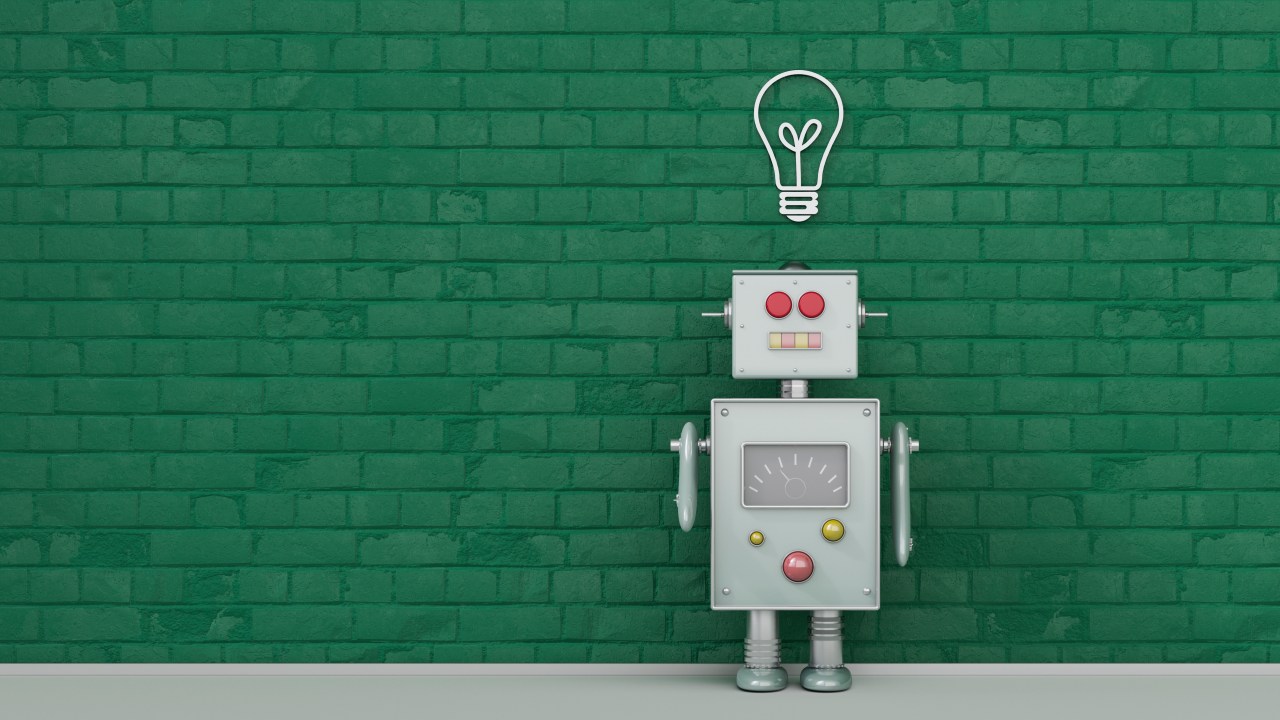As artificial intelligence (AI) continues to evolve and make strides in various fields, a pertinent question looms larger than ever: can an AI truly be considered an inventor? While traditional copyright laws emphasize the need for human expression in creative works, ongoing developments in AI capabilities challenge this long-standing notion. In this article, we will delve into the current state of AI invention, the legal implications, and the future landscape as we grapple with this thought-provoking question.
Understanding the Intersection of AI and Copyright Law
To comprehend whether AIs can gain recognition as inventors, we must first consider the frameworks of copyright and patents. Traditionally, both spheres have centered on human authorship or inventorship, placing creativity firmly in the hands of individuals. According to U.S. copyright law, the requirements for a work to be eligible for protection include originality and a certain level of creativity. This raises eyebrows in today’s AI-driven world, where machines can generate works that may seem significant on the surface but lack human-like creative intent.
Historically, the U.S. Copyright Office has maintained a position that does not favor AI-generated works when it comes to copyright. In essence, while an AI might produce a unique creation, it is not recognized legally as having the capacity to express ideas in a human-centric way. This paradox pushes the legal community to re-evaluate existing frameworks in light of cutting-edge AI technologies.
A Milestone in Patent Jurisdictions
The discourse shifted significantly in 2019 when Stephen Thaler’s AI, DABUS, was formally recognized as the inventor of a patent in South Africa. This groundbreaking event represented a meaningful shift toward accepting AI as a legitimate inventor—an idea met with mixed reactions worldwide. While South Africa’s patent office promptly acknowledged DABUS, several other jurisdictions, including the U.S., U.K., and the European Patent Offices, unanimously rejected similar claims based on existing laws. You may ask: what does this mean for the future of AI in terms of invention?
- Changing Perceptions: Thaler argues that AI can produce outputs akin to human cognition, creativity, and consciousness. His perspective underscores a philosophical battle between traditional legal frameworks and the reality of AI capabilities.
- Legal Precedents: As South Africa and Australia pave the way for recognizing AIs as inventors, other regions are invited to reflect upon and possibly revise their own legal guidelines.
- Impact on Future Innovations: Recognition of AI as inventors would redefine patent laws, potentially leading to more innovations being attributed to AI systems.
Global Responses to AI Creation
The acknowledgment of AI in creative processes does not stop at patents. In the U.K., consultations have been taking place to address how copyright may evolve to cater to AI-generated works. The fundamental questions springing from these discussions include:
- Can self-aware AI articulate something worthy of copyright?
- If so, how would this affect the landscape of creativity and innovation across industries?
Challenges surround the notion of personhood within AI. While it’s easy to draw parallels between AI capabilities and human creativity, tangible recognition in the realm of law feels like a transformative leap with wide-ranging implications. The advent of autonomous AI could transform copyright law, especially considering the societal repercussions such advancements might usher in.
The Road Ahead: A Legal and Philosophical Journey
The exploration of AI as inventors is just beginning, and the shift could catalyze unprecedented legal and social frameworks. We find ourselves at the interface of technology and law, and it seems recessions of long-standing traditions are entirely possible. As lawmakers deliberate on how to frame AI in legal contexts, the conversation must navigate the ethical and functional implications of granting rights to machines.
At fxis.ai, we believe that such advancements are crucial for the future of AI, as they enable more comprehensive and effective solutions. Our team is continually exploring new methodologies to push the envelope in artificial intelligence, ensuring that our clients benefit from the latest technological innovations. The future is open-ended, and only time can reveal the comprehensive potential of AI as inventors.
Conclusion
In summary, as we stand at this crossroads in the evolution of AI, the legality of machine-generated creativity requires deep reflection and nuanced discourse. With continued advocacy and exploration, we may soon find ourselves in a world where AI is not just a tool for human creativity but an integral part of the creative process itself. The conversations surrounding AI as inventors will undoubtedly shape both the legal landscape and the essence of creativity in the digital age.
For more insights, updates, or to collaborate on AI development projects, stay connected with fxis.ai.

